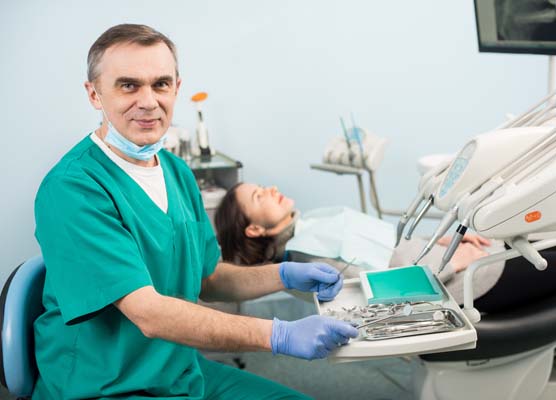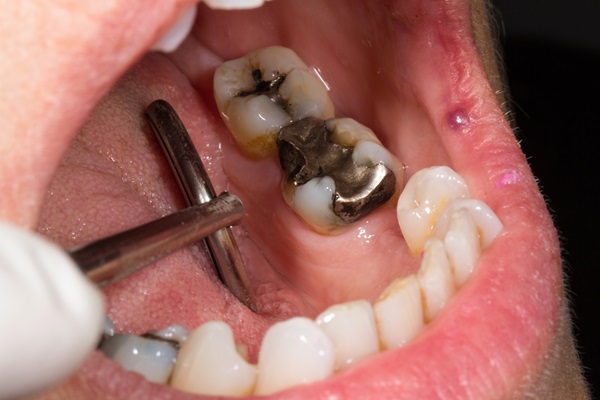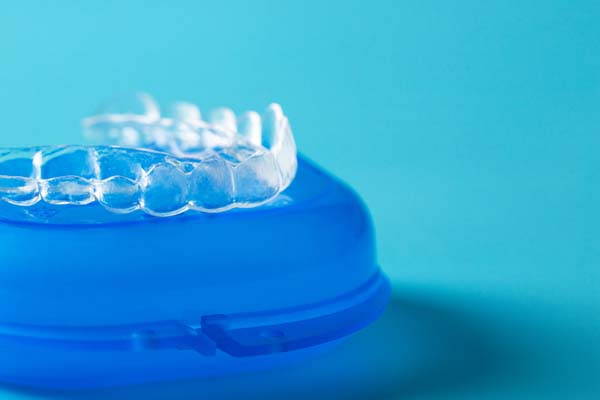3 Ways Emergency Dentists Provide Quick Relief

Wondering what an emergency dentist can do for you? Read on to learn more about this type of dental health professional. Dental emergencies can arise unexpectedly, causing significant discomfort and anxiety. An emergency dentist can help in such cases. They provide immediate care and relief by addressing urgent dental problems that cannot wait for a regular dental appointment.
3 Ways an emergency dentist can provide quick relief
When one finds themselves in a dental emergency, visiting an emergency dentist is a good idea. Here are three main ways that an emergency dentist can help patients:
1. Quick treatment to ease pain
One of the emergency dentist's main jobs is to relieve pain immediately. Dental emergencies, like toothaches, abscesses, or injuries from an accident, can be very painful. Emergency dentists can quickly identify the cause and suggest effective treatments. For example, an emergency dentist might drain an abscess or put in a temporary filling for severe toothache.
In cases of dental injury like a knocked-out or broken tooth, an emergency dentist can help relieve pain, stop the bleeding, and stabilize the area. They can perform emergency root canals or extractions to stop further problems and relieve pain. An essential part of emergency dentists' jobs is providing quick pain relief to make patients feel better and stabilized.
2. Stopping further damage to teeth
When patients need emergency dental care, they want to feel better immediately and stop the damage from worsening. By taking care of dental problems promptly, emergency dentists help lower the risk of more severe problems.
Patients can save a loose or knocked-out tooth by visiting the dentist immediately after the incident. Emergency dentists can put teeth back in place and stabilize them, which increases the chances of saving them. When a patient experiences broken crowns or cracked teeth, emergency dentists repair and prevent the tooth from getting infected or decaying.
An emergency dentist's quick response helps protect the patient's oral health. This effort prevents short-term issues from getting worse and becoming long-term ones. Emergency dentists are very important for protecting their patients' long-term dental health.
3. Giving advice and reassurance
Emergency dentists can help and reassure patients in distress. Patients may be scared and confused in emergencies and need help figuring out what to do. The emergency dentist can tell them what is wrong and what treatment options are available.
Dentists can teach patients how to care for their teeth after treatment and what signs to look out for that you might need more care. Emergency dentists also offer emotional support. They reassure patients and ease their stress during a traumatic experience.
Emergency dentists provide more than just physical care. They also teach, guide, and offer emotional support, which is important for the overall health of their patients in emergencies.
The bottom line
Emergency dentists can help you feel better quickly, stop further damage, and get the necessary advice and reassurance. Responding promptly to urgent dental needs keeps patients from being in pain for long periods. It also reduces the risk of problems that could hurt their oral health in the long run. These dentists are caregivers and important allies for maintaining dental health during emergencies.
Request an appointment here: https://crossstreetfamilydentistry.com or call Cross Street Family Dentistry at (978) 867-0190 for an appointment in our Peabody office.
Check out what others are saying about our dental services on Yelp: Emergency Dentist in Peabody, MA.
Recent Posts
Since you never know when a dental emergency will strike, so it is best to prepare for the worst. Imagine spending a nice Saturday morning at your child's baseball game, when your child gets hit in the face with a ball and out goes a tooth. In other cases, one may chip a tooth while…
Many dentists have limited their practices to emergency dentistry in response to the Centers for Disease Control's COVID-19 guidelines for healthcare providers and dentists. The coronavirus is an airborne microorganism that infects people by attaching itself to mucus membranes in the nose and mouth. It is a highly contagious virus that remains active on some…
General dentists are the go-to dental professional to see when a cavity arises. They are trained and equipped to offer an array of treatment options, all of which restore the tooth so that it can be healthy and strong. Outlined below are a few ways that a general dentist may treat a cavity. Reviewing the following…
A dental infection is no laughing matter. It is a serious oral issue that can be fatal when left untreated. Dental infections arise from the bacteria that live inside the mouth. When a person has good oral health, bacteria cannot penetrate the teeth and gums.However, when a tooth's structure becomes compromised or gets beneath the…


